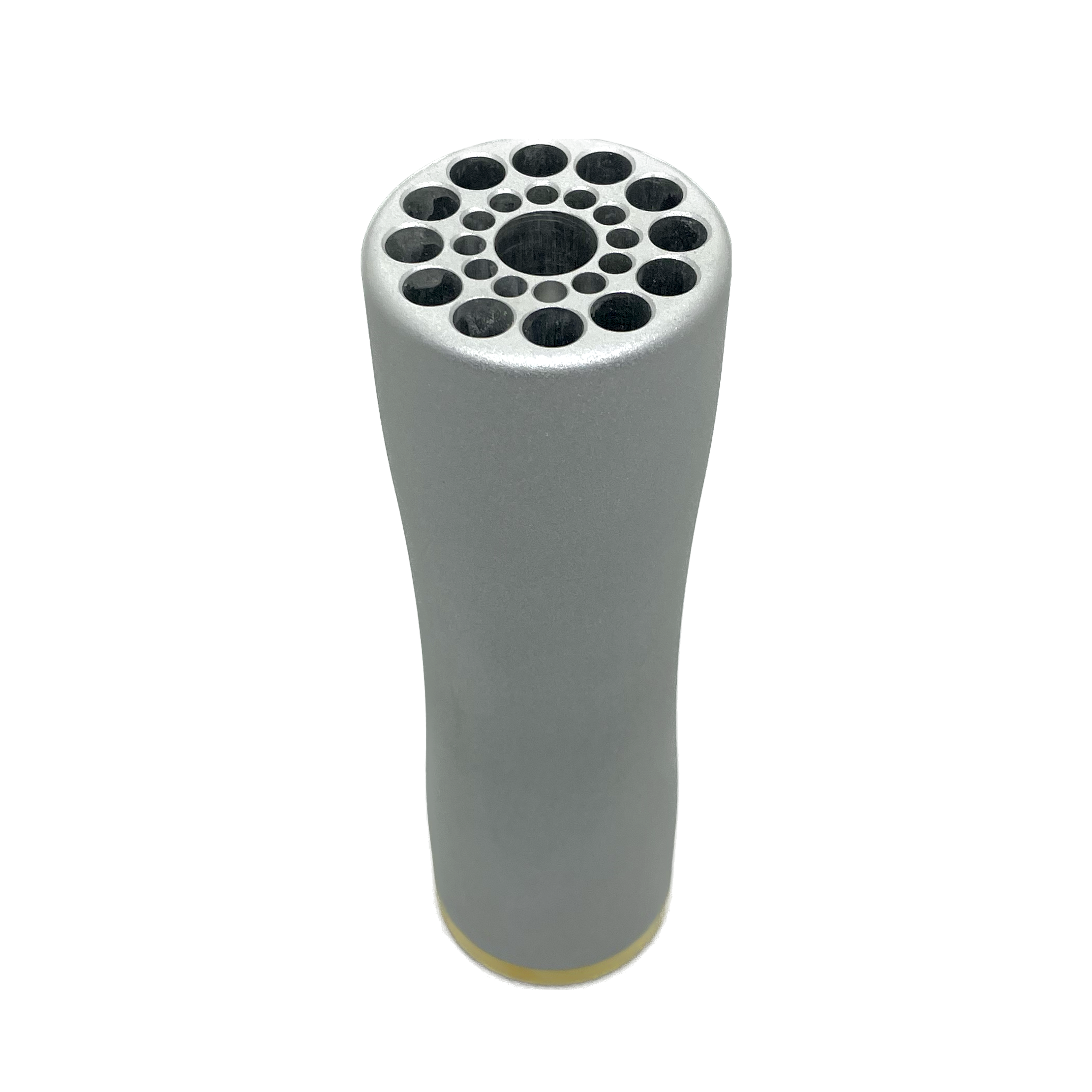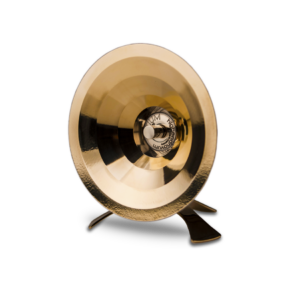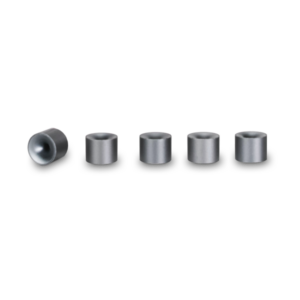Revolution in room tuning!
Dramatically improve the resolution and phase characteristics of your listening room.
Although the RHR-1 is small, it has a standing wave elimination effect that far exceeds the effect of large room tuning elements in your listening room. It is small due to the special structure of the utility model patent. Just place it where stationary waves are easy to accumulate, such as the corner of the room, near a speaker, and the back of your audio rack, to eliminate the stationary wave, and realize high sound quality full of transparency and good sound staging.
Dramatically improve the resolution and phase characteristics of your audio playback! The RHR-1 not only eliminates stationary waves, but also eliminates unnecessary reflections and band bias in the listening room, as a result, the playback sound and phase characteristics of the audio are dramatically improved.
In addition, the peak of the frequency characteristics equals the dip, so the timbre and texture of instruments and voice are dramatically improved. It results in three-dimensionality and clear sound image localization that cannot be realized even with the upgrade of amplifiers and speakers, and the vast sound field reproduction is realized with a fresh and smooth timbre and texture.
The RHR-21 is also designed to eliminate unwanted reflections, frequency clipping and phase response in the listening room, reducing frequency peaks and dips that affect the colour and texture of instruments and voices. It effectively fights off parasitic room sounds that you then have to listen to along with the music signal, and it is very disruptive to the listening experience. Helmholtz resonance is the name given to the phenomenon of air resonance in a cavity, named after the German physicist Hermann von Helmholtz. This resonance occurs when air is forced to move in and out of an enclosed space, causing the air to vibrate at a certain natural frequency. This principle can often be observed in everyday life, for example when air is blown through the opening of a bottle, resulting in an unmistakable resonant sound. However, to make the best use of Helmholtz resonance, it is necessary to determine exactly where the cavity ends and the throat begins and how these aspects affect the high and low resonant frequencies…
Below you see some installation examples. Please point the shallowest hole towards the listener.

Reviews:
Acoustic Revive RHR-21 Acoustic Resolution Exciters! Part 1 by Jef Day @ posi+ive feedback
“I did notice that there was better resolution, more body to the images, an expanded soundstage, a more vivid sense of spaciousness at the recording venue, and a more natural “Real Sound” of the instruments.”
Acoustic Revive RHR-21 Acoustic Resolution Exciter by Clement Perry @ StereoTimes.com
“I have found that the AR RHR-21s are more valuable than I imagined just looking at them. They did as advertised despite their compact size and lifted a veil from the low frequencies that I never knew existed.”
Acoustic Revive RHR-21 review by Matej Isak @ monoandstereo.com
“Acoustic Revive is one such product that can take the balance of the system to a new level of performance, but it needs clever and well-thought-out positioning in the audio system. When this criterion is met, the RHR-21 can make a notable difference in sound reproduction, and when it is in its intended place, it shows its potency easily, and the effect is not moderate by any means. It can bring a far greater benefit to the overall performance of the system than its proportion would suggest. This is particularly interesting because, as written in the music section, it touches the harmonic structure of the music, more specifically, the harmonic density and tonal overlay, along with a richer sound projection, and that alone is a great compliment and highlight.”

Be the first to review “Acoustic Revive
RHR-21
Acoustic Resolution Exciter” Cancel reply
Related products
Incl. 21 % TAX € 545.00
Incl. 21 % TAX € 219.00









Reviews
There are no reviews yet.